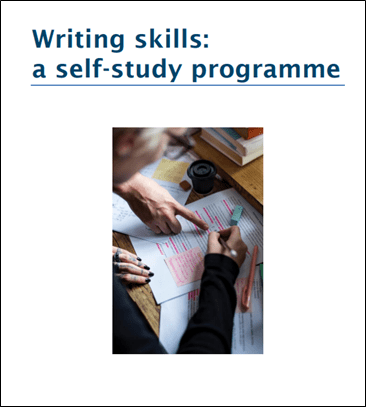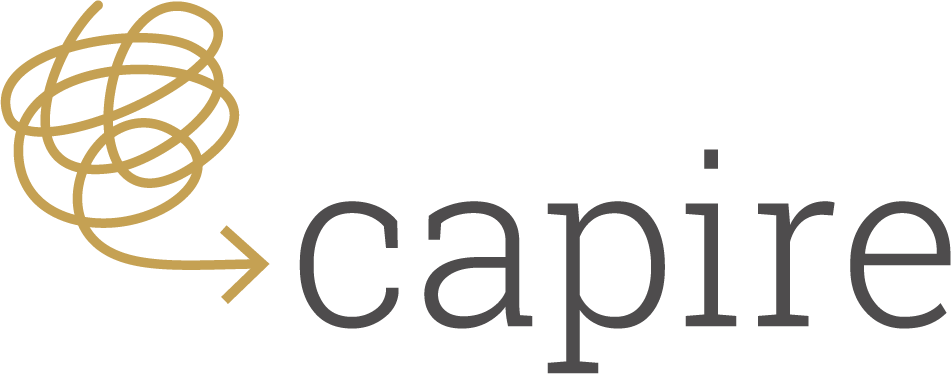Helping public sector staff write well at work
In 2019, a New Zealand Government department asked me to work with its Ministerial Services team and edit the team’s briefing notes to ministers and letters to the public. The team’s manager wanted an editor, because editing the team’s work was taking too much time, at the expense of her other responsibilities.
Helen’s training programme and coaching has made such a difference to the writing standards of the team. The programme is fit for purpose for all levels of writing ability, with even the most experienced writers getting benefit from completing the programme.
Manager, New Zealand government department
Documents were poorly written and unsuited to their readers
The Ministerial Services team works closely with the department’s technical specialists to prepare ministerial advice and letters to the public. The team has a heavy workload and is often under pressure to complete work quickly. This situation was compounding the problem that the team’s draft documents, at times, were poorly structured, repetitive, inconsistent, too technical to suit their readers and peppered with mistakes.
With an editor on board, the quality of the team’s work increased immediately. However, the manager realised this change wouldn’t continue when my contract ended, so she asked me to design and deliver a three-month writing-skills programme for her team of 12 people.
Setting writing standards gave the team something to aim for
I started the programme by asking the team to agree to some standards of good writing.

Then, over the next three months, I provided the team with training, coaching and resources to help them achieve the standards. Everyone received:
- ten workshops on different writing skills
- one-to-one coaching sessions on their work
- a daily email tip on style, grammar or punctuation
- a weekly written exercise with prizes
- a writing-skills manual.
Coaching and training fitted in with the team’s own work
The workshops and coaching sessions were short, but regular, which made them easy to fit into people’s busy schedules. They also gave me the chance to repeat messages several times, which made the programme more effective than one intensive training day.
Coaching worked well to focus on individuals’ own work and specific needs, and to build on what they had learnt in the workshops. All the materials were based on the department’s own documents, which also made it easier for people to apply their new skills.
The team are writing better and enjoying this part of their jobs
By the end of the 12-week programme most team members demonstrated that they are now:
- more knowledgeable about what good writing is, and how to write well
- more confident to write more concisely, and use more precise, but less technical, language
- more knowledgeable about grammar and punctuation
- more likely to use the department’s style guide
- more willing to look things up when they are not sure
- more confident to explain their writing choices to their managers
- more interested in the writing parts of their jobs.
The programme helped me develop Writing skills: a self-study programme for the department, which contains explanations, exercises and further resources on a range of topics.

Good writing is now an integral part of the department’s induction, performance and development processes
When I caught up with the manager recently, I was delighted to hear that the team’s writing has gone from strength to strength. All new team members use Writing skills: a self-study programme, to ensure their writing is of a consistent standard with that of the rest of the team. The team has also recognised the value of good writing, by including the writing standards in the team’s goals in their performance and development plans.







